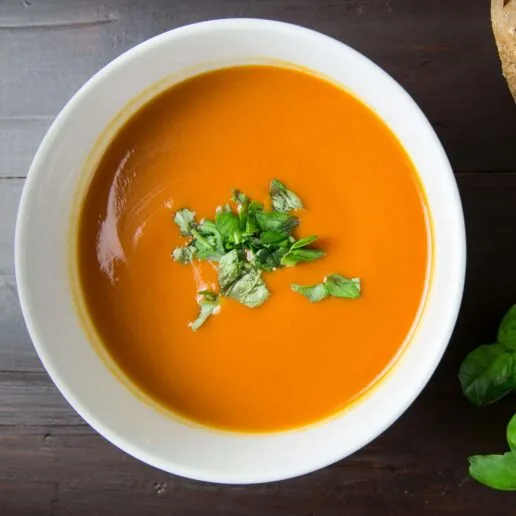
1910’s
1910 – Heinz Cream of Tomato Soup was imported into the UK. 1917 – The UKFA is created as the British Essence. Manufacturers’ Association. 1918 – Food rationing was introduced.
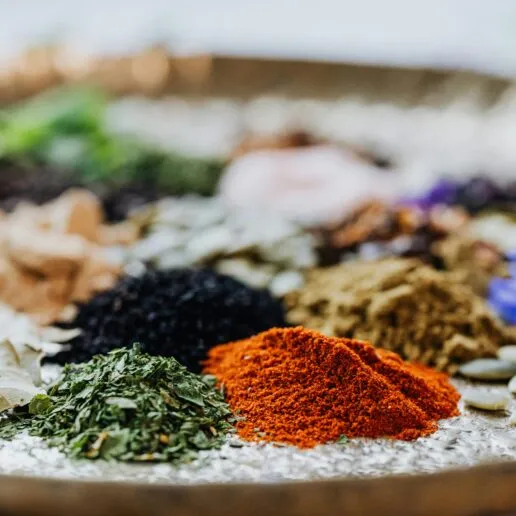
1920s
1926 – The first truly popular Indian restaurant, Veeraswamy, opened on Regent Street
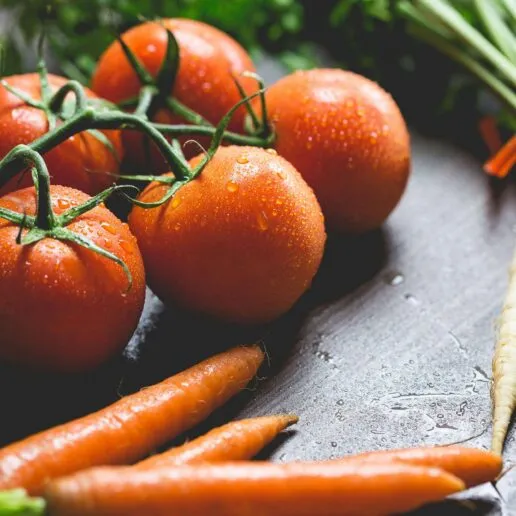
1930s
1935 – Spray drying was experimentally introduced using gum acacia as a carrier. 1939 – The Ministry of Food launched its ‘Dig for Victory’ campaign, one month after war broke out.

1940s
1949 – High vacuum column fractional distillation of natural essential oils began.
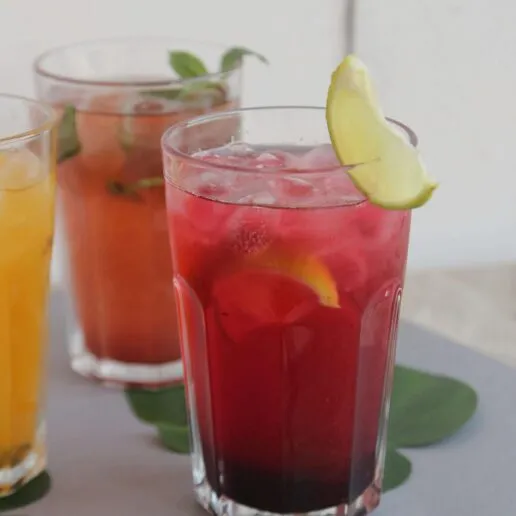
1950s
1952 – The Nobel Prize for Chemistry was awarded to British scientists, Richard Synge and Archer Martin, for the invention of partition chromatography, which laid the foundations of gas chromatography.
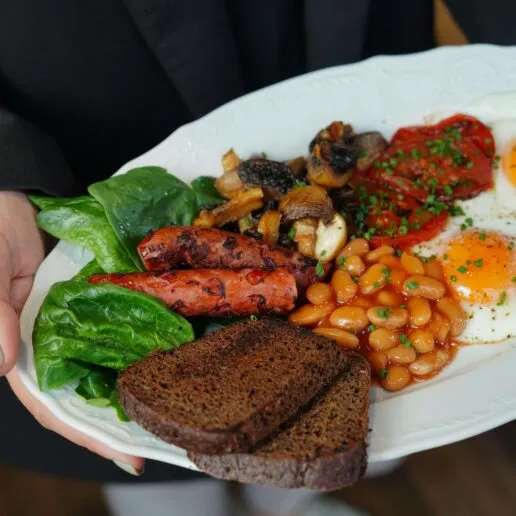
1960s
1960 – Unilever scientists Morton, Ackroyd and May discovered that the reaction of sugars and amino acids (Ribose and Cysteine) is the key reaction in the production of meat flavours. 1967 – A million housewives every day pick up a tin of beans and say: ‘Beanz Meanz Heinz’

1970s
1973 – The United Kingdom joined the European Economic Community. 1974 – Smash became popular in the convenience food market. 1975 – 94% of milk was put into glass bottles, according to Dairy Crest. By 2012, this was just 4%.

1980s
1985 – Tesco launched its own label range of healthy eating products, the first major retailer in the UK to do so.
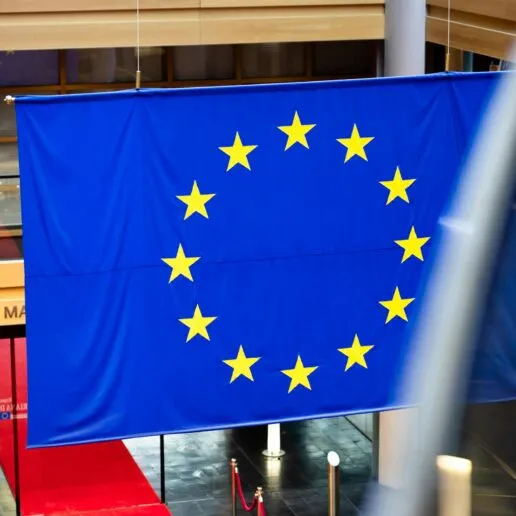
1990s
1991 – The Maastricht Treaty is signed and paves the way for the creation of the European Union. 1993 – The treaty on the European Union comes into effect.

2000s
2002 – The Euro is adopted by 11 EU member States, but not the United Kingdom. 2007 – Heston Blumenthal launches his sounds of the sea dish at the Fat Duck, bringing gastrophysics to the public’s attention.
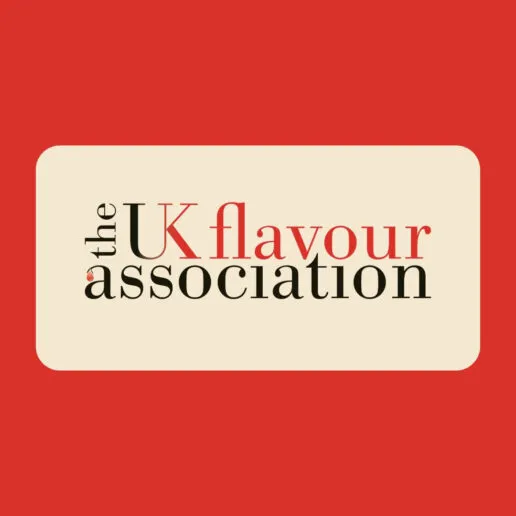
2010s
2010 – Food Standards Act (1999) and Flavourings in Food (England) Regulations (2010) introduced. 2012 The British Essence. Manufacturers’ Association rebrands to become the UK Flavour Association. 2015 – The UK exports £18 billion worth of food and drink. 2016 – Brexit: The United Kingdom votes to leave the European Union. 2017 – Approx. 3.8 million people in the UK are employed by the food and drink sector.

2020s
2025 – The UK Flavour Association undergoes a rebrand